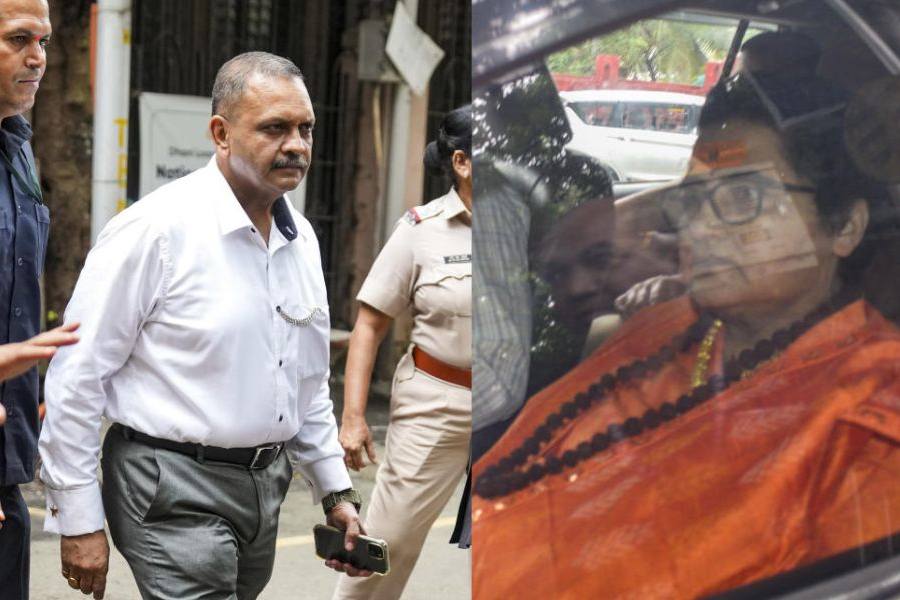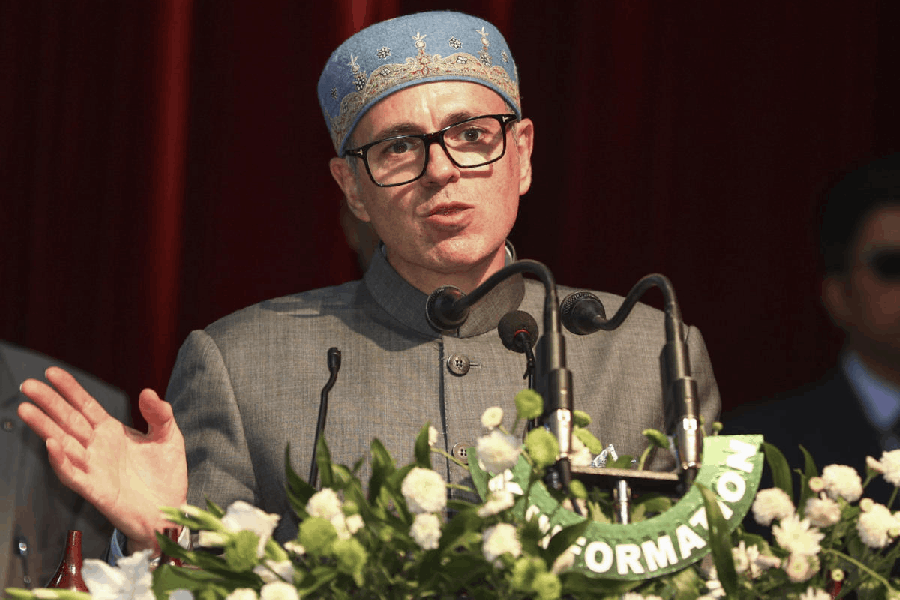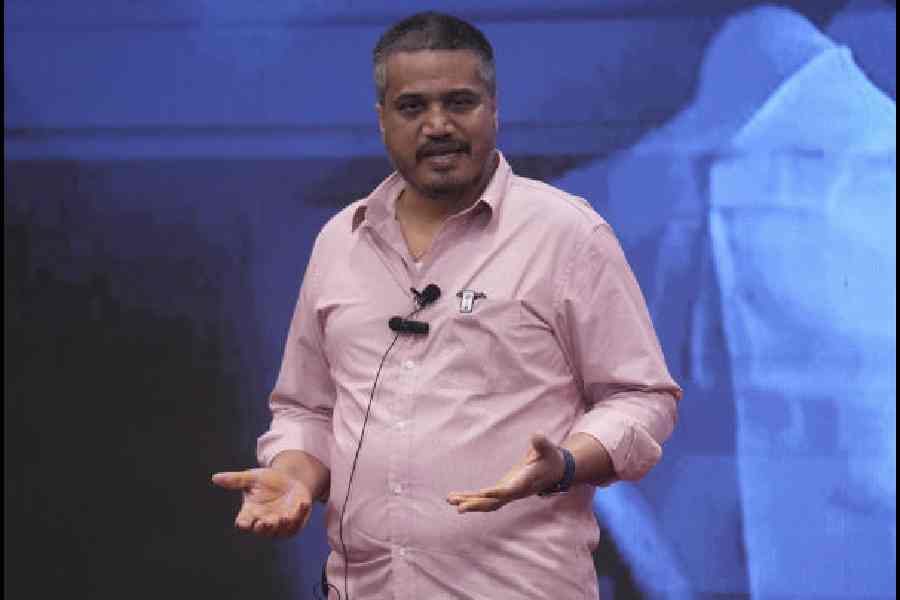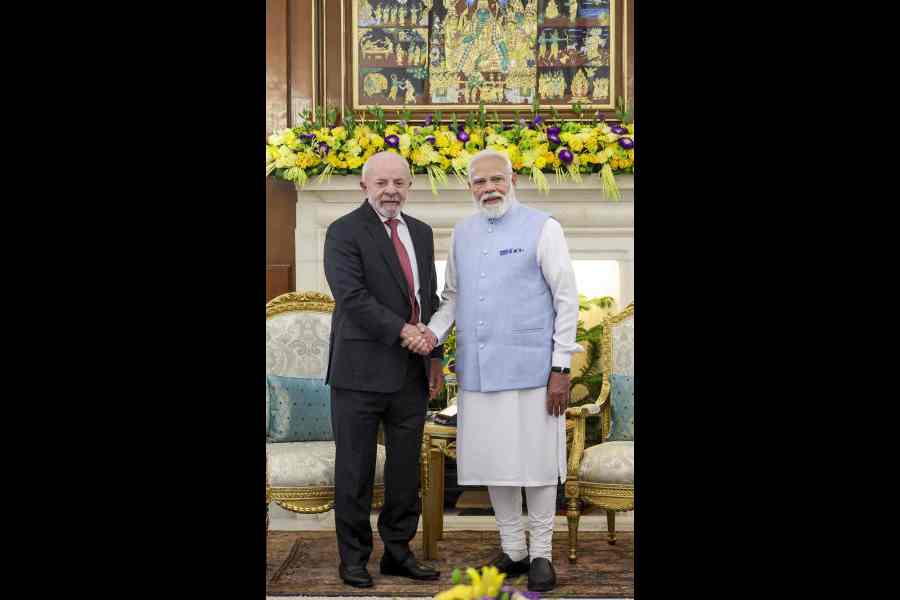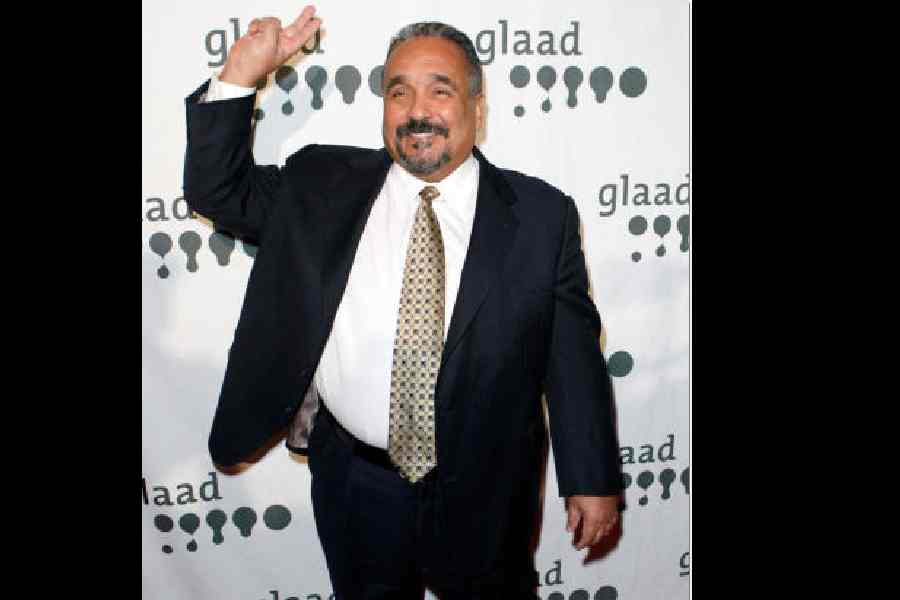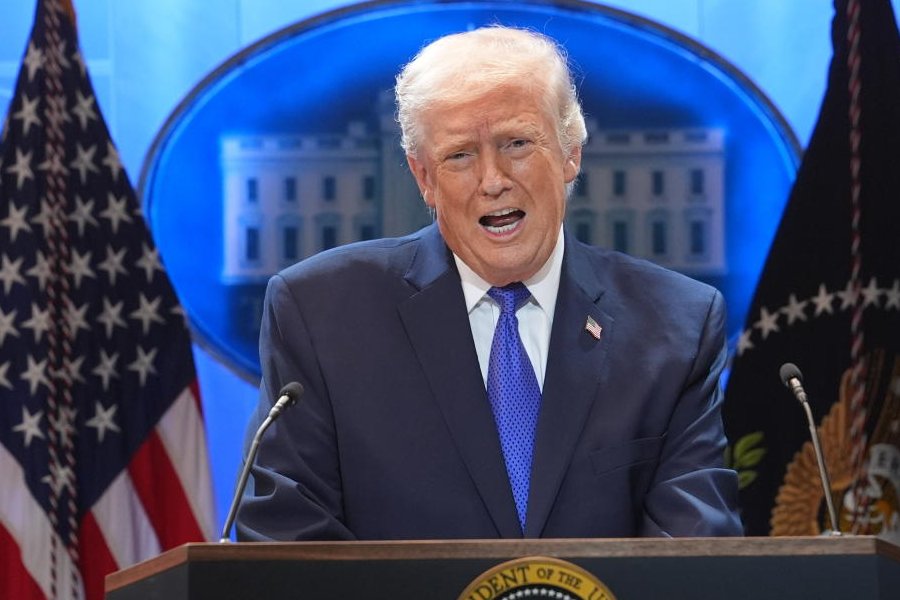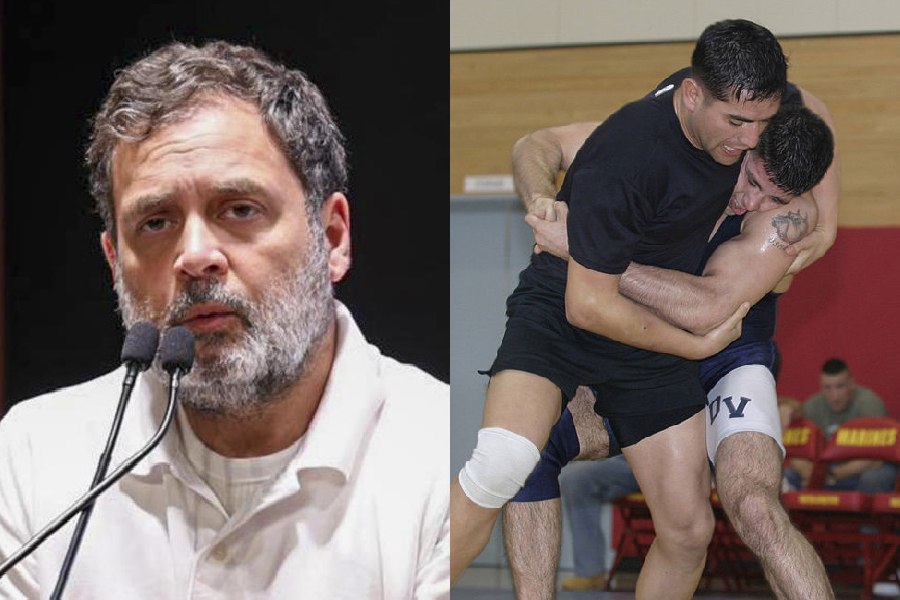The anti-terror National Investigation Agency had faced allegations of weakening the September 2008 Malegaon blast case, allegedly involving “saffron terrorists”, after the Narendra Modi government came to power in May 2014.
In 2015, special public prosecutor Rohini Salian had quit the case alleging pressure from a senior agency official to “go soft” on the accused.
She later filed an affidavit in a matter relating to the initiation of contempt proceedings against the NIA for “tending to hamper the judicial process”, thereby “weakening of the prosecution’s case”.
“An NIA officer approached me immediately after the change of government and told me in person to go soft,” Salian had told reporters.
On Thursday, while acquitting all the seven accused in the Malegaon blast, the trial court said the prosecution had failed to provide “reliable and cogent” evidence.
The judge observed that the prosecution could not prove that the explosive that caused the blast — killing 6 people and injuring 101 —had been planted on a motorbike, nor that the vehicle belonged to accused Pragya Singh Thakur.
Lt Col Prasad Purohit, one of the accused, was the first serving army officer to face terror charges. He was suspended soon after his arrest in November 2008 on the charge of involvement in the blast. He spent nine years in custody before receiving bail in September 2017. He was then reinstated in the army.
In May 2016, the NIA exonerated Thakur in the case and dropped a stringent legal provision — the Maharashtra Control of Organised Crime Act or Mcoca — against the other accused, attracting charges of diluting the case.
The agency claimed the evidence against Thakur was weak and that the motorcycle, on which the explosives had allegedly been planted, did not belong to her.
However, in 2017, the trial court overruled the agency’s clean chit and said all seven accused would face trial under the anti-terror Unlawful Activities (Prevention) Act. Charges under Mcoca were dropped but those under the UAPA and the Indian Penal Code, including murder and conspiracy, were retained.
Thakur became a BJP Lok Sabha member in 2019 and created a controversy by calling Mahatma Gandhi’s assassin, Nathuram Godse, a patriot. She was not renominated in 2024.
Investigations into the Malegaon blast had unearthed a trail linking Hindu extremists — for the first time — to the terror attacks on the Ajmer Sharif in Rajasthan (October 2007), Mecca Masjid in Hyderabad (May 2007) and the Samjhauta Express (February 2007).
It was the Maharashtra Anti-Terrorism Squad that first chargesheeted the Malegaon blast accused in 2009. The NIA took the case over in April 2011.
In its chargesheet, the Maharashtra ATS had alleged that Malegaon had been selected for the blasts because of its sizeable Muslim population. It said Thakur and Purohit were the key conspirators, and that the objective was to target the Muslim community and create unrest.
Sources said the initial probe had hinted that Purohit had arranged for the explosives while a motorcycle owned by Thakur was used in the blast.
Purohit on Thursday told reporters he was grateful to the judiciary and “to the country and those who stood by us”.
“During the (legal) fight, the armed forces stood by me. I have no words to express
my gratitude to all of them,” he said.

